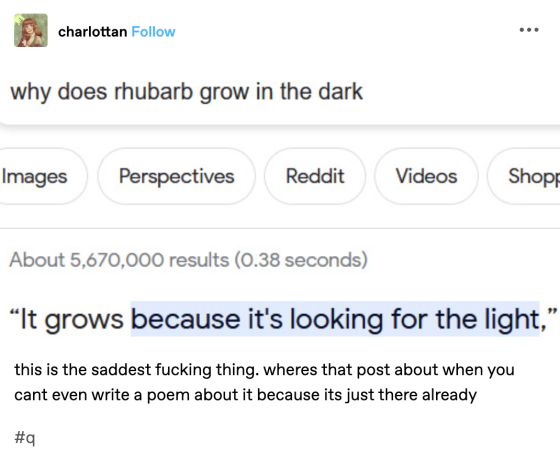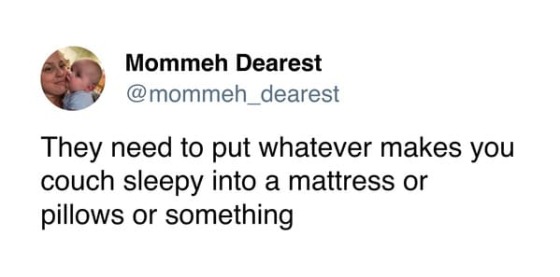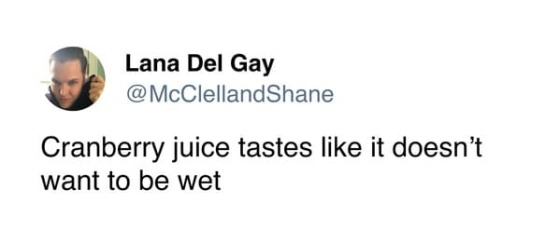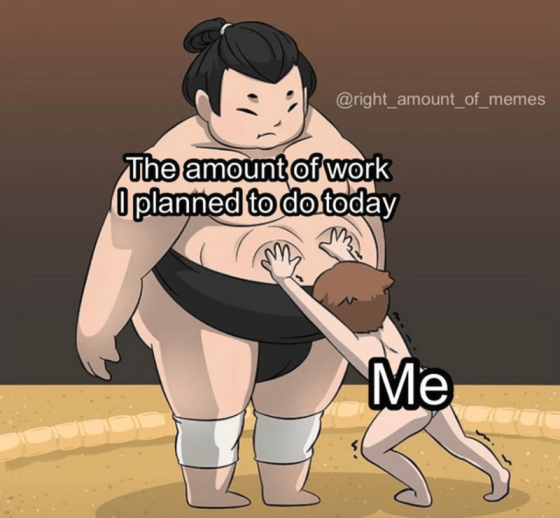2024.01.13

The first of these 99% Invisible Mini-Stories is about "filler words" - the "uh"s, "um"s, and "y'know"s etc. They mention how many of the terms are multiuse (and each carries its own nuance) but I think they didn't spend enough time on "like"...
Ha, in checking on my blog I realize I talked about this 20 years ago:
At this very moment I'm listening to this interesting radio essay on Fresh Air Weekend, an NPR show. It's linguist Geoff Nunberg. The piece is a bit of a defense of the word "like". He points out that it's not just a lazy filler as is "umm" and "you know", but rather it's a frame for a bit of a performance. When you say "and then he said" you're getting ready to quote words, when you say "and he was like" you're setting up a re-enactment. I had this same thought when I was in the British Isles with my family in 1995. I was near Castle Blarney it, come to think of (it's where I came up with "I just kissed the blarney stone, and now I'm wicked eloquent.") The Blarney stone is interesting, you have to lie on the floor high up in this castle, and bend at a very odd angle to give that thing a smooch. The tourist tradition is kissing it they say, and the drunk local's tradition is to pee on it...Being militantly anti-authoritarian, I still appreciate the nod to epistemological uncertainty.
Anyway, Nunberg traces back use of the word 'like' way back to the fifties hipsters. There might be a philosophical edge to the use of this word, that it also says we really don't know much of anything, but we can still identify traits and make guesses.
in 2050 we'll be introduced to the new ideology "snow denialism" that consists of climate change deniers which also believe snow never existed and all pictures/videos of it are fake



